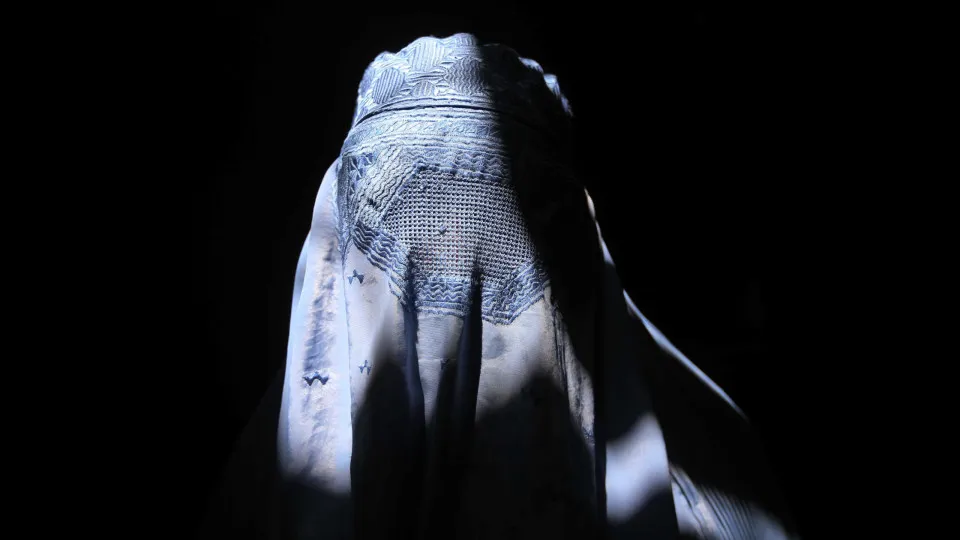
In a document submitted to the Constitutional Affairs, Rights, Freedoms, and Guarantees Committee and shared with the media, the Portuguese Association of Women Jurists (APMJ) expressed its strong opposition to the entirety of the analyzed bill.
“The Portuguese Association of Women Jurists considers that the proposed bill is materially unconstitutional, violating Articles 1, 26, and 41 of the Constitution of the Republic,” the document states.
Article 1 declares that “Portugal is a sovereign Republic, based on human dignity and the popular will and committed to building a free, just, and solidary society,” while Article 26 grants “everyone the rights to personal identity” and Article 41 pertains to “Freedom of conscience, religion, and worship.”
According to the association, the bill aims to impose restrictions on the exercise of fundamental rights, despite appearing to advocate for state secularism and protect the individual right to freedom and security.
“The Association of Women Jurists believes that the proposed legislation blatantly and overtly undermines the right to personal identity and non-discrimination, as outlined in Article 26 of the Constitution of the Republic, and directly and evidently conflicts with the principle of religious freedom,” the document reads.
The APMJ argues that the reasons invoked to support the bill have “a persecutory, security-driven, and offensive intent toward individual freedom, which collectively qualify them as exemplifying a xenophobic discourse of hatred and an affront to the dignity of its intended recipients.”
They argue that these foundations “will only generate more violence not only against women but also against girls.”
The APMJ states its complete endorsement of the opinions from the Bar Association and the Higher Council of the Public Prosecutor’s Office, as well as “the technical-legal conclusions regarding the provisions under analysis,” asserting that it is “devoid of any merit.”
The Social Democratic Party (PSD), Liberal Initiative (IL), and People’s Party (CDS-PP) approved on Friday, October 17, in general terms, the Chega bill aiming to ban the use of the burqa in public spaces, citing women’s rights and security concerns.
The initiative received favorable votes from Chega, PSD, IL, and CDS-PP, votes against from the Socialist Party (PS), Livre, Left Bloc (BE), and Communist Party (PCP), and abstentions from PAN and JPP.
With this initiative, Chega proposes that “the use of clothing intended to conceal or obstruct the display of the face in public spaces be prohibited,” with some exceptions. In opening the debate, the leader of Chega specified that the goal is to prevent “women from wearing burqas in Portugal” and addressed immigrants in particular.




